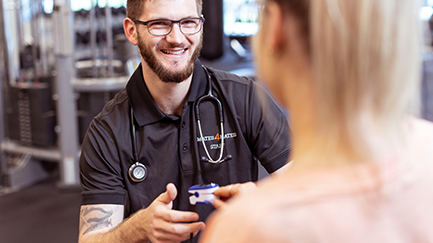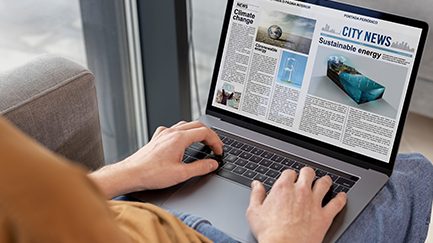Physical activity has a range of benefits, from managing our heart health, to keeping our muscles and bones strong, and fighting against chronic health conditions.
But do you know the positive impact team sports has on our mental health?
Boosting mental health through exercise
Our bodies are designed to move. Even the slightest bit of physical activity can be enough to get those ‘feel good’ hormones like serotonin, endorphins, and dopamine flowing and improve our mood. These chemicals also offer protective effects against feelings of anxiety and depression.
Physical activity also helps by decreasing our ‘stress’ hormones called cortisol. Longer term, physical activity or movement helps improve our resilience and how we respond to stress in the future.
Increasing exercise in Australian communities
Australia is known for its love of sports, whether it’s footy (in all its forms), cricket, tennis, or netball. Whether you’re watching a game on the TV, going to a live game, or buying supporter merchandise, Australians love to rally behind our sporting teams.
The impact of sporting events goes beyond the duration of the game and boosts participation rates in exercise, with 60% of Australians showing interest in a new sport or becoming more physically active after watching sport live or on TV.
Team sports and social connection
Participating in team sports and physical activity is a chance to work on your physical, mental, and social health and protect yourself against social isolation. Maintaining your physical health means a greater ability to participate socially and enhance your social connectedness through exercise that you enjoy.
Sport provides the opportunity to work as a team towards a common goal, something that veterans can miss when transitioning to civilian life.
Socially connecting for veterans
Many veterans develop a strong sense of trust and mateship when serving in the Defence Force; it can be difficult to replicate this camaraderie when transitioning to civilian life and can often lead to social isolation.
When we think of ‘quality of life’, we often think of our physical abilities first. However, mental health and pain management are linked both to our physical health and our ability to participate socially.
There is a high prevalence of depression and PTSD in the veteran population which can often lead to social isolation. Long-term social isolation can lead to a build-up of a chemical called tachykinin in the brain, worsening symptoms of these mental health conditions. Social connection is the key to reducing the chemical and improving your mental health and wellbeing.
If you’re looking for ways to involve more social exercise in your life, try these suggestions:
- Add in a walk before or after the next coffee you have lined up with a friend.
- Invite a friend to try a new activity at a local club.
- Take yourself along to a group fitness class.
- Join a social sporting team.
Support at Mates4Mates
Mates4Mates offers a range of social connection activities that can get you moving and active alongside other veterans and family members, providing you with the opportunity to try something new in a safe and supportive environment.
Each Mates4Mates location offers different engaging activities, from archery, golf, or sailing, to weekly walks and group exercise classes.
Mates4Mates also offers group sessions with our exercise physiologists and physiotherapists in Townsville, Brisbane, Ipswich and Sunshine Coast.
For more information about Mates4Mates services and how we can help to support you, reach out to us on 1300 4 MATES (62 837) for a confidential chat.
Written by Cathy Rowe, Mates4Mates Exercise Physiologist





